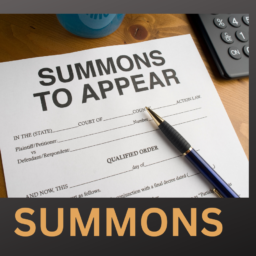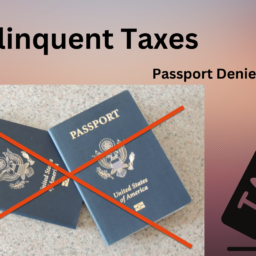The Tax Code, Section 6330(a), requires that written notice be given to a person upon whose property the IRS intends to levy to collect unpaid taxes. The notice must advise the taxpayer of the amount of the unpaid tax and of the right to a hearing.
If you file a request for a hearing, known as a Collection Due Process Hearing or CDP hearing, within 30 days of the date of the notice, then the IRS may not file a levy until you have had an opportunity for a hearing. At the CDP hearing a taxpayer may raise any relevant issue relating to the collection action including challenges to the appropriateness of the collection action and collection alternatives. Such collection alternatives could be an installment agreement, an offer in compromise (OIC), currently not collectible, or innocent spouse relief.
If the taxpayer did not have an opportunity to dispute the liability, i.e. statutory notice of deficiency, then the taxpayer may also challenge the existence or amount of the underlying tax liability, additions to tax, penalties, and interest, at the hearing.
At the hearing a settlement officer must determine whether and how to proceed with collection. To make such determination, the settlement officer must take into account:
- Whether the requirements of applicable law and administrative procedures have been met;
- Any issues the taxpayer raised; and
- Whether the collection action balances the need for efficient collection of tax with the taxpayer’s legitimate concern that any collection action be no more intrusive than necessary
Upon the conclusion of the hearing, the Appeals Office will issue a notice of determination regarding the disputed collection action. If the taxpayer timely filed the CDP request, then the Taxpayer is afforded an opportunity to obtain Tax Court review. Where the validity of the underlying tax liability is properly at issue, the Tax Court will review the matter de novo (aka starting over, anew). If the taxpayer is not disputing the underlying tax liability, then the Tax Court will review the Commissioner’s administrative determination for abuse of discretion (meaning the IRS has failed to exercise sound, reasonable, and legal decision making skills).
If you owe back taxes and received a notice of intent to levy, then you must act fast. Todd S. Unger, Esq. is a tax attorney who can assist you in analyzing the assessment of underlying tax liability and selecting the best collection alternative to meet your goals. Contact the Law Offices of Todd S. Unger, Esq. LLC today.






